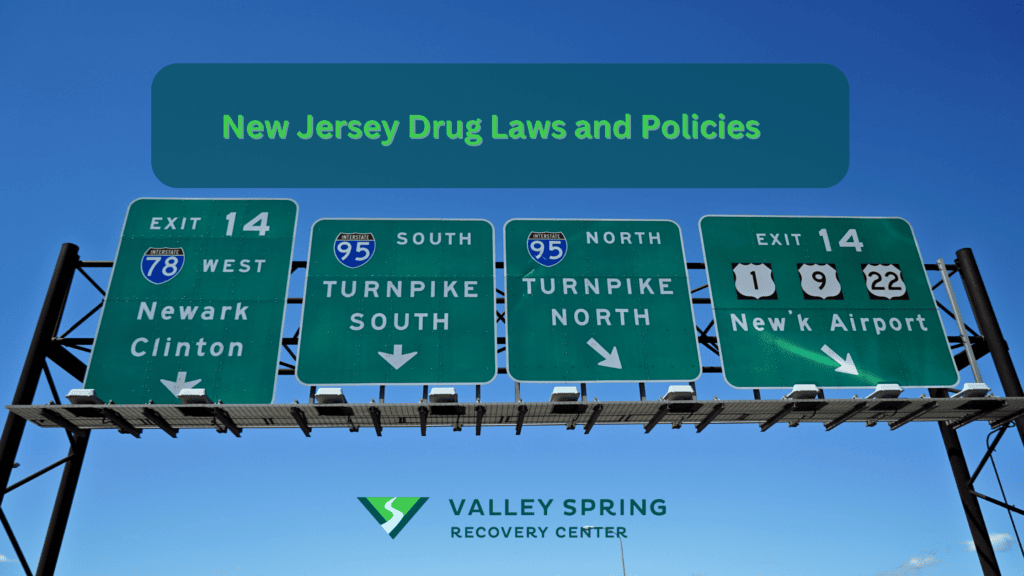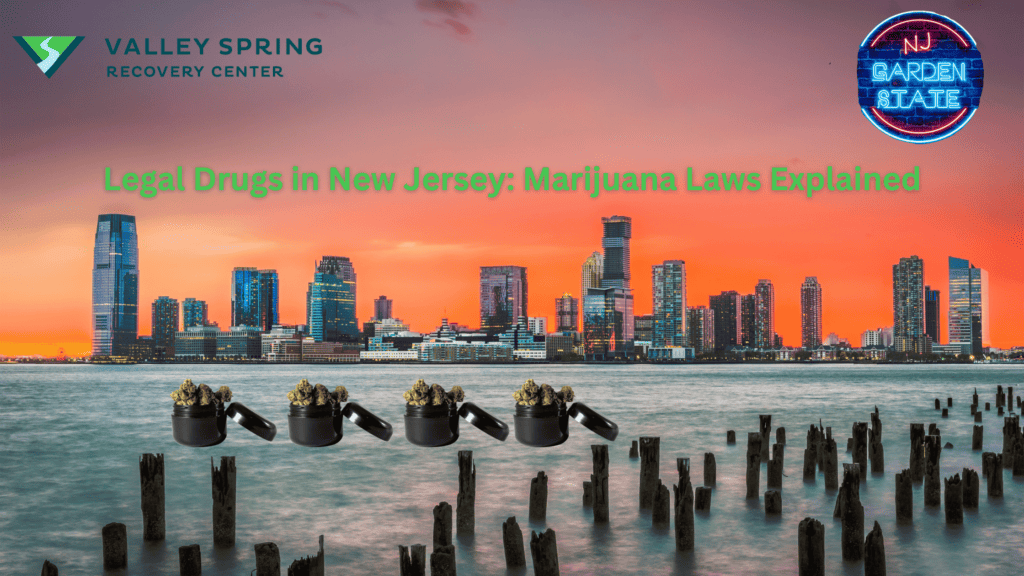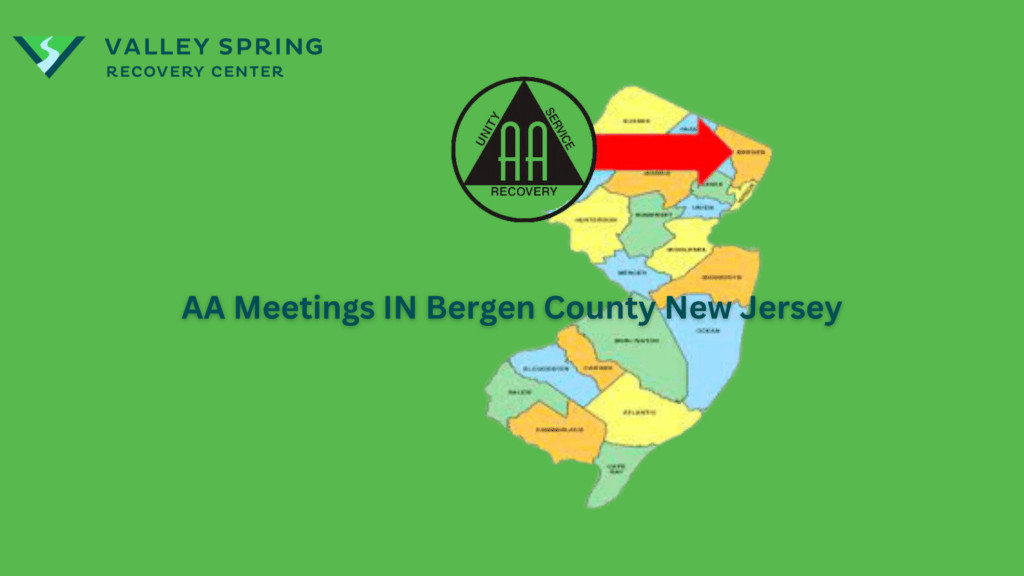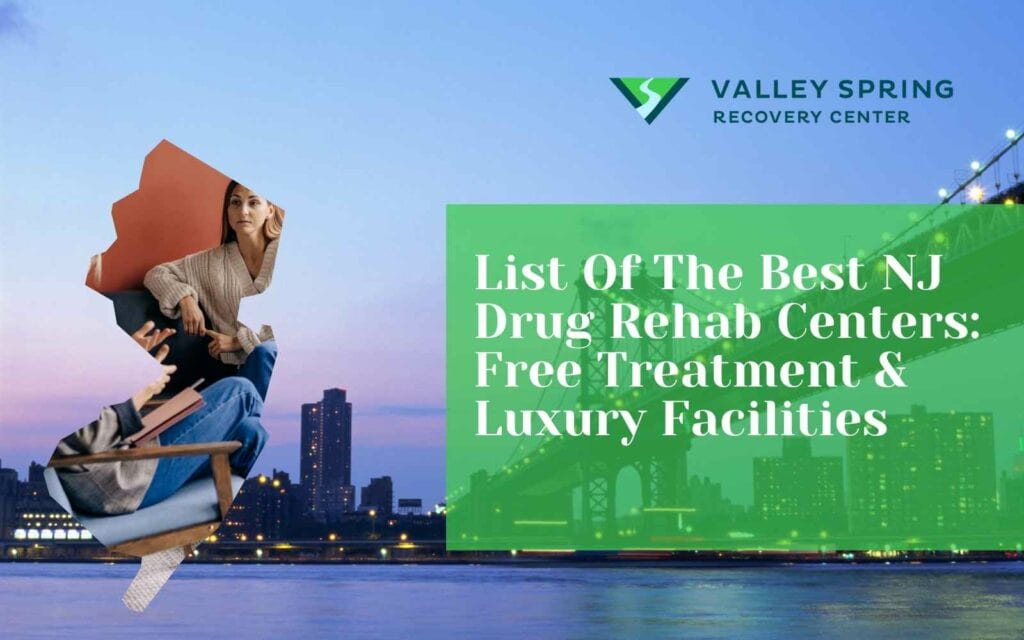According to the New Jersey Controlled Dangerous Substances Law, revised as of February 27, 2019, the state maintains a comprehensive framework for regulating controlled substances. With a focus on enforcement, penalties, and public safety, these laws aim to combat drug abuse and ensure adherence to legal standards. The legislation outlines provisions for law enforcement engagement, judicial review processes, and the establishment of dedicated funds and programs for drug administration and enforcement.
In navigating New Jersey’s drug laws and policies, understanding the regulatory framework, enforcement mechanisms, and support programs is crucial. By delving into the provisions outlined in the Controlled Dangerous Substances Law, individuals and stakeholders can gain insights into the state’s approach to drug regulation and public health.
What Are New Jersey’s Controlled Substance Drug Laws?
New Jersey’s approach to regulating controlled dangerous substances (CDS) is outlined in the Controlled Dangerous Substances Law, administered by the Department of Law and Public Safety. Enacted in 1970, this law provides the framework for the regulation, enforcement, and judicial review of matters related to controlled substances within the state.
Key Provisions of the Law
The law encompasses various provisions aimed at controlling the use, possession, and distribution of controlled dangerous substances. These provisions include:
- Classification of Substances: The law categorizes substances into schedules based on their potential for abuse, medical use, and dependency. This classification system helps in determining the severity of penalties for offenses related to each substance.
- Enforcement Measures: It empowers duly authorized state officers to enforce the law, ensuring compliance with regulations governing controlled substances. Additionally, it outlines procedures for the seizure, forfeiture, and disposal of drug paraphernalia seized in violation of the law.
- Judicial Review: Final determinations, findings, and conclusions made by the director under the law are subject to judicial review, providing a mechanism for oversight and appeal.
- Continuity of Proceedings: The law ensures that ongoing prosecutions, civil seizures, administrative proceedings, and investigations remain unaffected by legislative changes, promoting consistency and stability in enforcement efforts.
- Uniformity and Severability: It seeks to promote uniformity in the application of the law across states and includes severability clauses to safeguard the integrity of the legislation in case of legal challenges.
Ongoing Evaluations and Programs
The laws in New Jersey mandate periodic evaluations of penalties related to the use and possession of marijuana, reflecting the evolving landscape of drug policy and public health considerations. Additionally, it establishes programs such as “Project Medicine Drop” to facilitate the safe disposal of unused prescription drugs and household medications, contributing to community safety and public health efforts.
What Are The Laws And Penalties that regulate the possession, distribution, and use of controlled substances in New Jersey?
In New Jersey, laws and penalties regarding the possession, distribution, and use of controlled substances are governed by the New Jersey Controlled Dangerous Substances Law. Here’s an overview of the key points:
- Possession: Possession of controlled dangerous substances (CDS) without a valid prescription is illegal in New Jersey. The severity of penalties varies depending on the type and quantity of the substance possessed.
- Distribution: Distributing, selling, or trafficking controlled substances is strictly prohibited. Penalties for distribution can include fines, imprisonment, and other legal consequences.
- Use: The unauthorized use of controlled substances is also illegal in New Jersey. Individuals found using CDS without a valid prescription may face legal repercussions, including fines and potential imprisonment.
- Penalties: Penalties for violations of New Jersey’s drug laws can range from fines and probation to lengthy prison sentences, depending on the circumstances of the offense and the individual’s criminal history.
- Judicial Review: Final determinations and conclusions related to drug offenses are subject to judicial review according to the Rules of Court in New Jersey.
Overall, New Jersey’s laws and penalties aim to deter the possession, distribution, and use of controlled substances to protect public health and safety. Individuals need to understand and comply with these laws to avoid serious legal consequences.
How Do The Laws Change Based on The Type Of Drug?
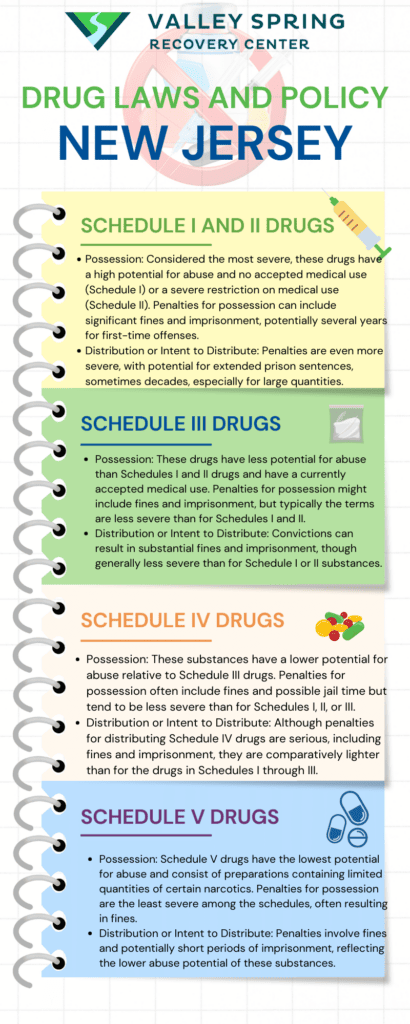
The penalties for drug offenses in New Jersey can vary significantly based on the schedule of the controlled substance involved. Here are the penalties based on drug schedule according to New Jersey Department Of Law And Public Safety:
Schedule I and II Drugs
- Possession: Considered the most severe, these drugs have a high potential for abuse and no accepted medical use (Schedule I) or a severe restriction on medical use (Schedule II). Penalties for possession can include significant fines and imprisonment, potentially several years for first-time offenses.
- Distribution or Intent to Distribute: Penalties are even more severe, with potential for extended prison sentences, sometimes decades, especially for large quantities.
Schedule III Drugs
- Possession: These drugs have less potential for abuse than Schedules I and II drugs and have a currently accepted medical use. Penalties for possession might include fines and imprisonment, but typically the terms are less severe than for Schedules I and II.
- Distribution or Intent to Distribute: Convictions can result in substantial fines and imprisonment, though generally less severe than for Schedule I or II substances.
Schedule IV Drugs
- Possession: These substances have a lower potential for abuse relative to Schedule III drugs. Penalties for possession often include fines and possible jail time but tend to be less severe than for Schedules I, II, or III.
- Distribution or Intent to Distribute: Although penalties for distributing Schedule IV drugs are serious, including fines and imprisonment, they are comparatively lighter than for the drugs in Schedules I through III.
Schedule V Drugs
- Possession: Schedule V drugs have the lowest potential for abuse and consist of preparations containing limited quantities of certain narcotics. Penalties for possession are the least severe among the schedules, often resulting in fines.
- Distribution or Intent to Distribute: Penalties involve fines and potentially short periods of imprisonment, reflecting the lower abuse potential of these substances.
Additional Factors Influencing Penalties
- Location of the Offense: Offenses committed near schools or parks can result in higher penalties.
- Quantity of Drugs: Larger quantities can lead to higher charges, such as trafficking, which carry more severe penalties.
- Prior Convictions: Individuals with prior drug convictions typically face harsher penalties.
It’s important to note that New Jersey’s drug laws and the corresponding penalties are subject to change. For the most accurate and current information, consulting legal statutes or a legal professional is advisable.
Are there any exceptions for medical marijuana use in New Jersey?
New Jersey has legalized medical marijuana for qualified patients with certain medical conditions. Patients must register with the state’s Medical Marijuana Program and obtain a medical marijuana card from a licensed physician. Synthetic Marijuana is also legal in New Jersey.
What are the penalties for driving under the influence of drugs (DUI) in New Jersey?
Driving under the influence of drugs in New Jersey carries penalties similar to those for driving under the influence of alcohol. DUI offenders may face fines, license suspension, mandatory drug education programs, and possible jail time, depending on the circumstances.
Can minors be charged as adults for drug offenses in New Jersey?
Yes, depending on the severity of the offense and the individual’s criminal history, minors in New Jersey can be charged as adults for drug offenses. Juvenile offenders may be subject to the jurisdiction of the juvenile court system or transferred to adult court.
Are there any diversion programs available for drug offenders in New Jersey?
New Jersey offers diversionary programs such as pretrial intervention (PTI) and drug courts for certain non-violent drug offenders. These programs provide alternatives to traditional prosecution and aim to rehabilitate offenders through treatment and supervision.
Can employers drug test employees in New Jersey?
Yes, New Jersey law allows employers to drug test employees under certain conditions, such as reasonable suspicion of drug use, as part of a pre-employment screening process, or as required by federal regulations for safety-sensitive positions.
Is possession of drug paraphernalia illegal in New Jersey?
Yes, it is illegal to possess drug paraphernalia in New Jersey. This includes items used for manufacturing, storing, or consuming controlled substances, such as pipes, syringes, or scales. Possession of drug paraphernalia is a disorderly person’s offense punishable by fines and possible jail time.
Can drug convictions affect immigration status in New Jersey?
Yes, drug-related crime in New Jersey can have serious consequences for non-citizens, including deportation, denial of re-entry into the United States, and other immigration-related penalties. It is essential for non-citizens facing drug charges to seek legal counsel to understand the potential immigration consequences.
How severe is the drug and alcohol problem in New Jersey?
The drug and alcohol problem in New Jersey is a significant public health concern. According to the New Jersey Department of Human Services, Division of Mental Health and Addiction Services, in 2020, there were over 3,000 drug overdose deaths in the state, marking a troubling increase from previous years. Additionally, alcohol-related incidents, including drunk driving accidents and alcohol-related health issues, remain prevalent.
New Jersey addiction statistics further highlight the scope of the problem. For example, in 2019, approximately 115,000 individuals aged 12 or older reported using illicit drugs in the past month, according to the National Survey on Drug Use and Health. Furthermore, substance abuse treatment admissions in New Jersey consistently show high numbers of individuals seeking help for addiction to various substances, including opioids, alcohol, and stimulants.
The state government and various organizations have implemented initiatives and programs to address substance abuse and addiction, including prevention, treatment, and recovery support services. However, the ongoing challenges posed by substance abuse underscore the importance of continued efforts to combat addiction and promote public health and safety in New Jersey.
What is New Jersey doing to combat the drug issue with the opening of harm reduction centers?
In a significant move to address the ongoing drug crisis, New Jersey has initiated the opening of 6 harm reduction centers across the state as part of a comprehensive new bill aimed at combating drug addiction and its associated health crises. This initiative represents a pivotal shift towards a more compassionate and evidence-based approach in dealing with substance abuse issues.
The harm reduction centers are designed to provide a range of services aimed at minimizing the negative consequences associated with drug use. These services include access to sterile syringes to prevent the spread of infectious diseases like HIV/AIDS and Hepatitis C, overdose prevention education, and the distribution of naloxone — an overdose reversal medication. Furthermore, the centers offer referrals to addiction treatment services, mental health support, and other social services, thereby addressing the broader spectrum of needs faced by individuals with substance use disorders.
This harm-reduction initiative underscores New Jersey’s commitment to adopting a holistic and health-centered approach to drug addiction. By focusing on harm reduction, the state aims to save lives, reduce the transmission of infectious diseases, and provide pathways to recovery and rehabilitation for those struggling with substance use. The establishment of these centers is a testament to New Jersey’s progressive stance on tackling the drug issue through measures that prioritize public health and human dignity.
Which towns in New Jersey have the highest rates of drug-related problems?
In New Jersey, like in many states, drug-related problems such as overdoses, rehabilitation admissions, and drug-related crimes vary significantly from one town to another. While specific statistics are updated regularly, certain areas have historically faced more significant challenges related to substance abuse.
Towns and cities with higher populations and urban centers, such as Newark, Camden, Paterson, and Jersey City, have often reported higher instances of drug-related crimes and overdose rates. These areas tend to have more extensive networks of distribution for illegal substances, contributing to higher usage rates and, consequently, more significant numbers of overdose incidents and rehab admissions.
For example, Newark has been identified in various reports as having a high volume of drug-related activities, attributed in part to its role as a significant urban center in the state. Camden, similarly, has faced challenges with substance abuse, impacting its community’s health and safety.
In addition to urban centers, some smaller towns and communities in New Jersey also experience significant drug-related issues, often related to opioids and prescription drug misuse. The opioid epidemic has touched nearly every part of the state, leading to increased efforts in monitoring prescription practices and providing community resources for addiction treatment and prevention.
It’s important to note that the situation is dynamic, with efforts to combat drug problems leading to changes in statistics over time. State and local authorities, along with community organizations, continuously work to address these issues through prevention, treatment, and law enforcement strategies. For the most current information, our New Jersey Rehab Resources pages have up-to-date information on state health department reports, local law enforcement data, and community health organizations in New Jersey towns like our Bergen County Rehab Resources page.
Is recreational marijuana legal in New Jersey?
Yes, recreational marijuana is legal in New Jersey for adults aged 21 and over. This follows a 2020 referendum where voters approved the legalization.
Where to get treatment for addiction in New Jersey?
Valley Spring Recovery Center is located in New Jersey and offers Partial Hospitalization programs in New Jersey, intensive outpatient and outpatient treatment options. Additionally, there are telehealth addiction treatment programs in New Jersey that allow individuals to get help without having to live in a treatment center or commute.
Downloadable PDF Of New Jersey Drug Laws
Ben Fisher
All author postsShare This Post

